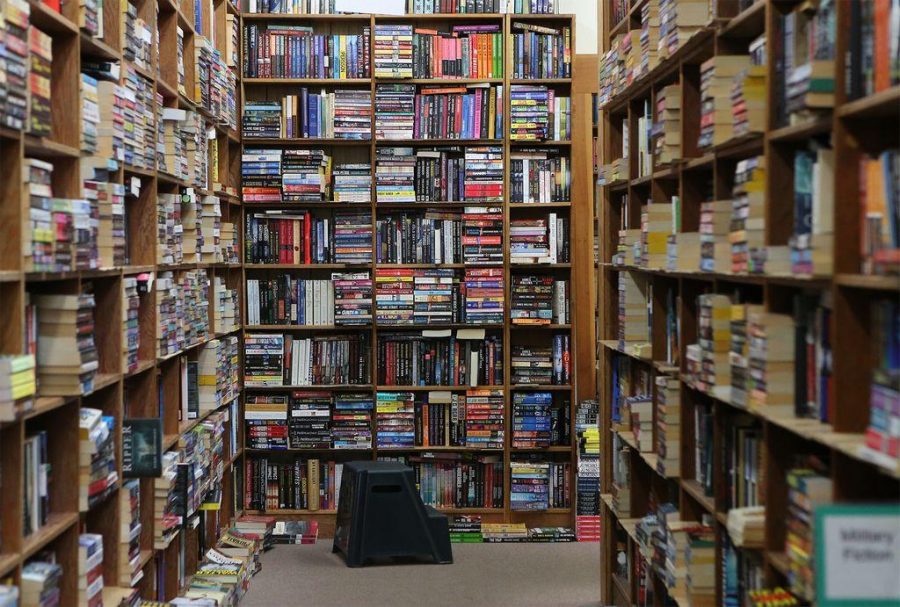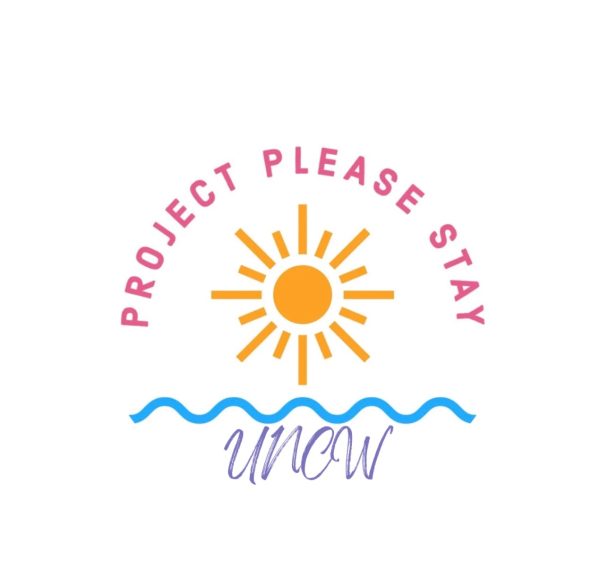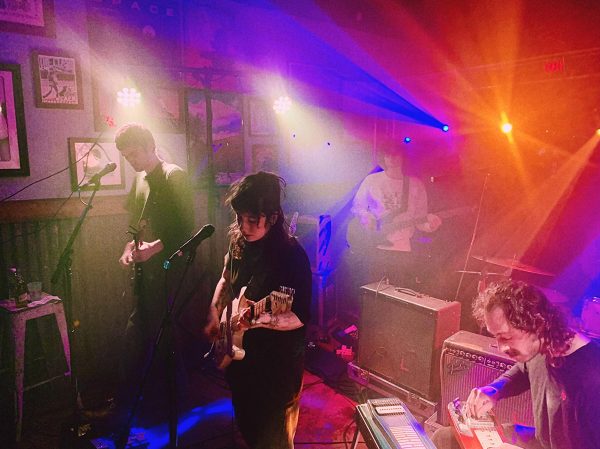Decolonizing your bookshelf: Why anti-racist book recommendations are not enough
The magnitude of the Black Lives Matter Movement has spun shock waves across the country. In all 50 states, people of every color and age have taken to the streets in rallies or protests, unphased by threats of COVID-19 and shocking rubber bullets or chemicals from police officers. The protests are still churning, gathering strength and public approval, as millions of Americans grapple with how deep the roots of systemic racism lie in the soil of their country—and just how poisonous and lethal these roots are.
The culmination of this response is bittersweet.
White people, specifically, have responded in droves to the unlawful deaths of those like George Floyd and Breonna Taylor. Multiple anti-racist reading recommendation lists have begun circulation the internet and books on antiracism and race relations, like two-year-old books “White Fragility” by Robin DiAngelo and Ijeoma Oluo’s “So You Want to Talk About Race,” have dominated the best-selling book lists of USA TODAY and the New York Times.
The presence of these recommendation lists and the soaring popularity of books discussing race relations symbolize a shift in the national consciousness of America’s white population: they are hungry to learn. It is almost as if white people are just now realizing the sorrow and pain stocked into the experiences of black people in America.
Although reading a book about race is certainly a step in the right direction, it is not quite enough. Reading one book about black lives is not enough to inflict change. Neither is circulating anti-racist reading lists. These have a tendency to act as healing balms for latent racism as if just perusing and sharing a list filled with books by token black authors signifies a deepened understanding of the vast wounds inflicted by violent racism. Additionally, many of these booklists lump fiction by black authors into one comprehensible list, leading to the devaluation of the text as a work of art. It is instead tokenized—a woeful attempt to evaluate the privilege and racism latent in one’s own life.
Consider, for example, the books you may already own. If you can count on one hand the number of titles by black authors on your bookshelf or the number of titles by black authors you read growing up, that should tell you enough about your exposure to voices and experiences different from your own.
Racism is inevitably complex and historic and it takes more than stockpiling books about race to undo it. In fact, an overwhelming 76% of professionals who work in the North American publishing industry are white. We cannot expect one purchase of a book written by a black author to be enough, but education is both power and the grassroots of real change.
Self-evaluation is a good place to start. And if you actually read books, you could start with “decolonizing your bookshelf”. If you are unfamiliar with the term, decolonizing is the practice of weeding out books rooted in colonialism. Most canonical literature was written by white men and is permeated into popular culture. As a result, a multitude of voices are silenced by both colonization itself and the canonization of these works. The act of decolonizing your bookshelf involves actively ruminating on the history and authorship of the books you own and seeking out books that push through the perspective with which you are most familiar and comfortable.
Here are some ideas on how to begin self-educating or cleaning out your bookshelf:
- Do not, first of all, assume all authors of color are only capable of writing about race relations. When purchasing books, choose them because they are from your favorite genre or because the prose and syntax enchant you—not because you need a token black author to augment your shelf.
- For every book by a white person you purchase this year, add a book by an author of color.
- Support black-owned bookstores. While Wilmington does not house any just yet, here is a list of black-owned bookstores from around the country with websites filled with book recommendations. Each bookstore has its own story and unique space. You can support them by purchasing books or merchandise from their websites.
- If you own books with racist or problematic themes, consider first why you even own them (Was it a book for a class? Were they gifts? Are you attached to the work or its author? Was it an impulse purchase, perhaps?). Then, consider tossing or donating them. While it is good and fine to be familiar with these works, recognize their prejudices.
- There are hordes of beautiful literature, historically excluded from recognition simply because they are not Western European. For example, here are some Chinese classic literature recommendations, some female Caribbean authors from the rich world of Caribbean literature, and an introduction to the world of Arabic Literature.
- If you would like some help getting started with restocking your bookshelf, “Sing, Unburied, Sing” by Jesmyn Ward is one of my favorite novels, written in haunting, lyrical prose. The book fills many genres, including thriller and coming-of-age.
- There is also “The City We Became” N.K. Jemisin, an urban fantasy novel about New York City. The book is a spiderweb of narratives that touch on various themes with honesty and poetic richness.
- A popular Young Adult novel, also deeply entrenched in the world of fantasy and magic is “Children of Blood and Bone” by Tomi Adeyemi. The novel is fast-paced and teeming with vibrant characters.
- For a shining non-fiction book and a work of ingenious journalism, consider reading “The Warmth of Other Suns”, by Isabel Wilkerson. The book is a historical study of the Great Migration with a focus on three particular lives–out of the 1,200 people Wilkerson interviewed for the research. It is cleverly and artfully written.
- If you would like to explore the world of poetry, here is a showcase of the Black Arts Movement that covers a broad range of poems, podcasts and essays pertaining to the movement.
If you are serious about changing the system of the world we inhabit, do not stop at posting images or links on your social media. Read the literature. Listen to the podcasts. Have the conversations.
In the words of self-proclaimed “black, lesbian, mother, warrior, poet” Audre Lorde who chastised throngs of white feminists for excluding women of color—thereby perpetuating the patriarchy they claimed to disavow—“the master’s tools will never dismantle the master’s house.”












